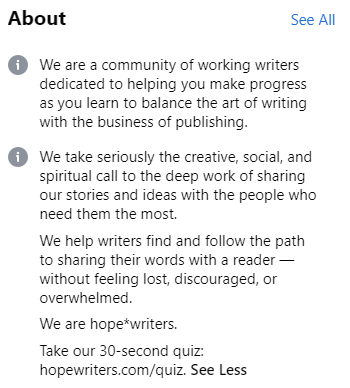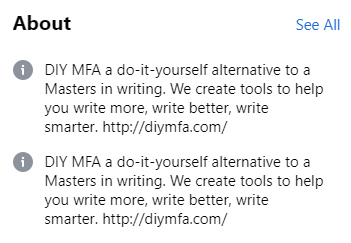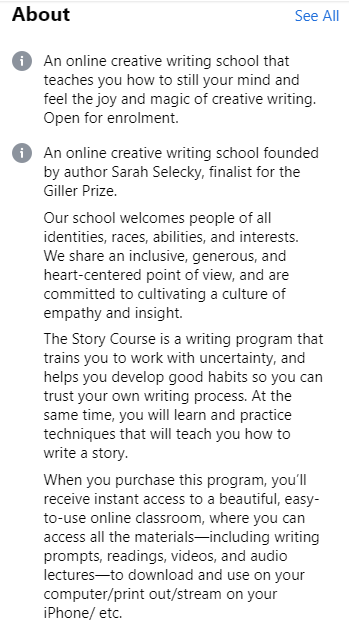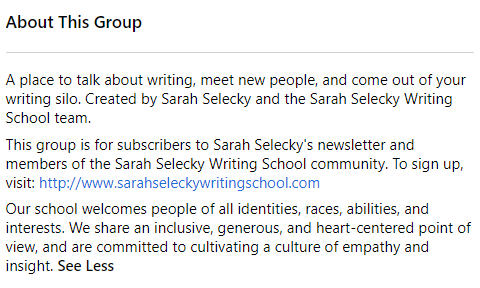
Have you thought about joining a writing community, or recently joined such a group? The success of that experience depends not only on the group’s expectations and your own, but also in the ways that you and group members participate—in other words, group dynamics. This post discusses writing community expectations, group dynamics, critique groups, and provides some general writing advice.
Success depends on mutually agreed-upon expectations
No two writing communities are alike. Keep in mind that every group consists of different personalities and backgrounds. People bring their own expectations to the table, which may not mesh with the group’s expectations or purpose. To avoid disappointment, make sure you understand from the outset what is required of members, what’s allowed, and what is not. If member expectations are not laid out clearly from the outset, don’t hesitate to ask. And if the answers you get are not what you expect—or if you don’t feel you can adjust your behaviors to meet those expectations—then feel free to go in another direction.
I recently joined a writing community called hope*writers that recruits members three times a year. Both their Facebook community page and website provide potential members with a clear idea what to expect before you commit to joining. While not every writing community provides this much advance information, you have a right to expect at least a few details.
Hope*writers’ Facebook page includes an About page that clearly outlines the group’s purpose. You can explore the Videos archives that include Member Stories (testimonials), Wednesday Weekly Recaps, a Membership Behind the Scenes Tour, and sample content such as 17 Breakthrough Ideas for Writers, an Open House Tuesday Teaching, and a free quiz you can take to identify which of six writing stages represents where you are in your writing journey.
The home page of the hope*writers website provides you with a preview of what to expect, too. The navigation bar at the top of the screen provides links to a free quiz, Member Stories, the group’s blog, and courses with lifetime access you can purchase to get a preview of member content. When you become a member, you pay a monthly fee to access these same courses and hundreds of others.

Although I do endorse the above group and am a member, there are other worthwhile communities you can join that provide advance information about their expectations. Among them are the DIYMFA.com website founded by Gabriela Pereira and Susan Selecky’s Writing School. If these sound familiar to you, it is because I have written about them previously.
Pereira’s Facebook page provides clear information about what you can expect from her, as shown below. Check out her Videos page, where she walks you through a behind-the-scenes tour of the Members HUB.
At her website, check out Pereira’s About DIY MFA page, which clearly tells you who she is, the purpose of the writing group, who her supporting team is, and how the group works.
Sarah Selecky likewise provides advance notification about what her Writing School is about before you join. An excerpt of her Facebook page’s About section is shown below. The Videos page provides information about courses, as well as Meet the Teacher introductions.
Once you are enrolled in her Writing School, you can join her private Facebook group, Write What You Want to Read, which also has its own About page.
Selecky’s Writing School website provides many details about the writing community she offers. Her About page describes who Sarah Selecky is, how the school—which is an alternative to an MFA program—works, and who the instructors are. The school’s Core Programs (courses) have links, as do the other offerings she provides. And her blog gives you a hint of the content included in her Writing School; at the time this post was written, there were 67 pages (lists) of blog posts.

In a word, do your homework before you join a writing community. If there isn’t enough information about it on a social media platform or a group website, reach out to any contacts you can find to learn more. Your time is valuable, so it’s not useful for you to waste it, guessing what group expectations might be.
The importance of group dynamics
Once you do join a writing community of any kind, maximize the positivity of your interactions with others:
- Don’t be a lurker. Participate in discussions that interest you. Be respectful of other points of view.
- Give more than you get. Obviously, you are hoping to learn from your group, but you’re more likely to get answers, feedback or input from other members if you also share what you know. Don’t hoard information; group members are part of your support network, not competitors.
- Don’t share links to your work or your website(s). A writing community is not the place to market your work, unless the group rules explicitly allow you to do so. It’s simply not polite to spam your group with links to your work.
- Don’t ask for a group critique of your work unless the rules permit you to do so. A good critique is most effective when small group rules are in place. Sometimes people use critique requests as a thinly veiled marketing tool. Don’t be that person!
- Be supportive of group members. One purpose of most writing communities is to celebrate member successes and to be supportive when writers stumble. Share not just your own successes, but also your challenges. Provide help or suggestions when you can; ask for help when you need it—but always let courtesy be your guide. As Gabriela Pereira says, be authentic and avoid the drama.
- Don’t compare your progress with others. Every writer walks his or her own path, which may or may not include the same steps you take. Keep in mind that what you consider a necessary step or direction to success may not be true for others. Everyone defines success differently and has unique needs.
A word on critique groups
Some writing communities build in opportunities for small critique groups, but in other instances you will need to build your own. To create the optimal atmosphere for a critique group, keep the following guidelines in mind:
- Don’t allow your group to become too large. There is a tendency in larger groups for participants to lurk. About 3 to 8 members seems optimal to me.
- Come prepared to meetings. If it’s your turn to share your work, honor the deadline that has been set. That might mean sharing your work electronically in advance, or having your work on hand to read aloud. If it’s your turn to listen to oral reading, do so attentively without interrupting the reader. If you are asked to read the work ahead of time, don’t arrive at the meeting without having done so.
- When you give a critique, don’t be a know-it-all. Look for what’s going well and let the writer know. Be attentive to specific areas that can use improvement, and provide some suggestions. Remember that this is not your writing; you’re there to help the writer improve the work, not to make final decisions for him or her.
- When you listen to a critique, listen, listen, listen. Share your writing, then let the group know how they can help you. Don’t get defensive; to fight that urge, take notes and ask questions. Thank the group for sharing its observations. Make changes to your work after you have slept on everyone’s suggestions—and maybe even longer. Time yields perspective. Remember that in the end, you’ll make any final decisions about changes.
Parting shots
Writing communities can be a wonderful addition to a writer’s working life. However, don’t substitute talking about writing for the actual act of writing. Balance your social media time versus your working time.
Don’t expect to be the next great novel/blog/book (or any kind of) writer before you put in warm-up time. And that means writing consistently, whether you do so private or publicly.
Sarah Kay, in her book of poetry, No Matter the Wreckage, reminds us that “Practice does not make perfect. Practice makes permanent.”
Some writing experts advise you to spend 20 minutes a day, warming up your writing muscles. Others, such as Julia Cameron, author of The Artist’s Way, suggest you journal “morning pages” daily to maximize your writing inspiration. What I have found to be true is that when you sit down to write, do exactly that. Don’t wait for inspiration to hit before your fingers grasp your pen or tap your keyboard.

If you have ever been a member of a writing community, what made it work for you? What were its shortcomings? If you have never joined a writing community, what are some expectations you’d like that group to meet?
Related posts you may wish to read include:
© 2021 Judy Nolan. All rights reserved.







